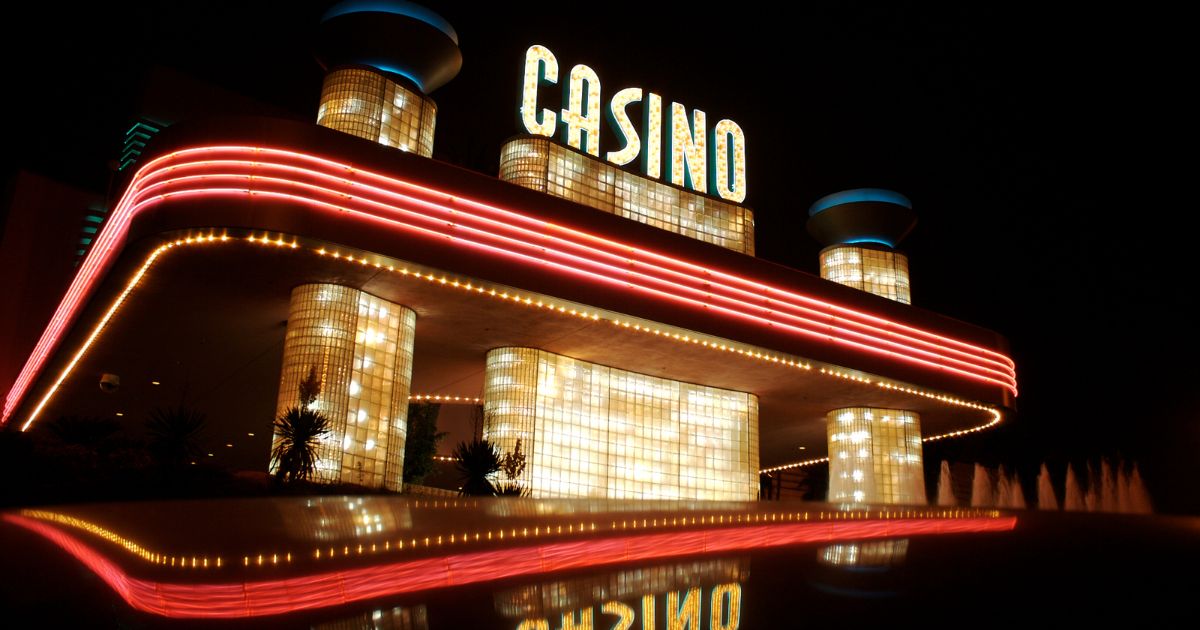
In the world of gambling, in which chance and strategy intersect, a unique tapestry of beliefs manifests—one that braids luck, fate, and the enigmatic nature of casino games. Casinos, bustling with excitement and anticipation, are not just venues for placing bets; they are also arenas in which superstitions thrive. Ranging from the novice player to the seasoned gambler, these mysterious practices often shape how individuals approach the games they play, holding the belief that their actions can influence the outcome in ways that go beyond mere probability.
When players gather around roulette wheels, blackjack tables, and slot machines, the atmosphere is thick with stories of lucky charms, rituals, and codified behavior that defy logic yet provide a sense of comfort. It could be the case that it’s wearing a specific outfit, following a particular sequence of bets, or even avoiding certain numbers, the attachment to various superstitions reflects a deep-rooted desire to control the uncontrollable. This article delves into the captivating world of casino game superstitions, examining the beliefs that simultaneously entertain and mystify those who dare to play.
Historical Roots of Superstitions
Betting activities have long been entwined with an variety of superstitions that trace to ancient cultures. The origins of these notions can be linked to humanity’s intrinsic need to influence the uncertain outcomes connected with chance and chance. In early civilizations, games of chance were often connected to ritualistic practices. Gamblers would seek aid or seek favor from spirits, believing that their actions could change the odds in their favor. This foundation laid the basis for the variety of superstitions that spread as gambling evolved over centuries.
During the Middle Ages, gambling became a widespread hobby across the continent, and with it, a colorful tapestry of superstitions appeared. casino en ligne argent réel Participants adopted numerous rituals and charms, believing they could change the consequences of games. The significance of digits, in particular, started to show in superstitions around card games and dice. The number 7 was often considered lucky, while other numbers carried unfortunate connotations. These beliefs mirrored the societal contexts of the time, evolving as they passed through generations and changed to emerging gaming environments.
As gambling houses emerged in the 17th century, particularly in the Italian peninsula and the French nation, the atmosphere surrounding gambling became imbued in mystery. The growing availability of gambling activities allowed for the expansion and diversification of superstitions among players. Concepts like lucky charms, designated seating positions, and rituals gained prominence, creating a unique culture within casinos. As these practices continued to thrive, they became essential to the essence of casino games, illustrating how history and culture shape the notions that influence how players engage with chance.
Widespread Gambling Myths
Beliefs surrounding casino activities are plentiful and varied, reflecting the hopes and anxieties of gamblers as they participate in chance-based games. One of the most prevalent beliefs is that specific digits bring luck or bad luck. For example, the number seven is often seen as a lucky digit, frequently embraced by players looking for a positive result. Conversely, the digit thirteen is routinely considered unlucky, leading many gamblers to steer clear of it during their gaming sessions.
Another frequent belief relates to rituals that players believe can influence their chances. It could be blowing on the dice before a roll, using a specific gesture to place a wager, or even wearing specific items of clothing, many people feel that these actions can sway luck in their benefit. These practices offer a sense of power in an otherwise unpredictable environment, strengthening the idea that luck can be manufactured through personal beliefs and habits.
Finally, the ambiance and vibe of the gambling house itself contributes to superstition. Many gamblers suggest that the presence of specific icons, such as four-leaf clovers or fortunate tokens, can enhance their odds of success. Additionally, players might adhere to the belief that winning streaks can be interrupted by mundane occurrences, such as a person walking past or a accident at the table. The shared environment in a casino can amplify these beliefs, creating a shared culture of myths that goes beyond single experiences.
Impact of Superstitions on Players
Superstitions play a crucial role in the mindset of casino players, often influencing their behavior and decision-making. Many gamblers believe that fortune can be manipulated through different rituals, such as wearing a lucky charm, choosing particular hues, or avoiding certain numbers. This dependence on superstitions can create a feeling of control in an environment that is intrinsically unpredictable. Players frequently feel more confident and engaged when they feel that their actions could sway the result of a game in their favor.
The influence of these superstitions extends beyond individual players, affecting the overall atmosphere inside the casino. For example, a player who believes in the luck of a particular slot machine might attract a gathering, as onlookers are fascinated by their apparent success. This collective belief can heighten excitement and create a lively environment, leading to an captivating experience even for those who may not necessarily be believers themselves. The buzz around specific games can lead to increased participation and longer playing sessions, supporting the casino’s vibrant social scene.
In some cases, superstitions can lead to negative effects for players. Depending too much on rituals can result in poor gambling decisions, as some may ignore basic strategies in favor of unfounded beliefs. Additionally, the pressure to perform rituals may heighten anxiety and tension, diminishing from the enjoyment of the experience. Ultimately, while superstitions can enhance the excitement of playing casino games, they can also lead to poor choices that overshadow the fun and entertainment intended in the casino experience.
